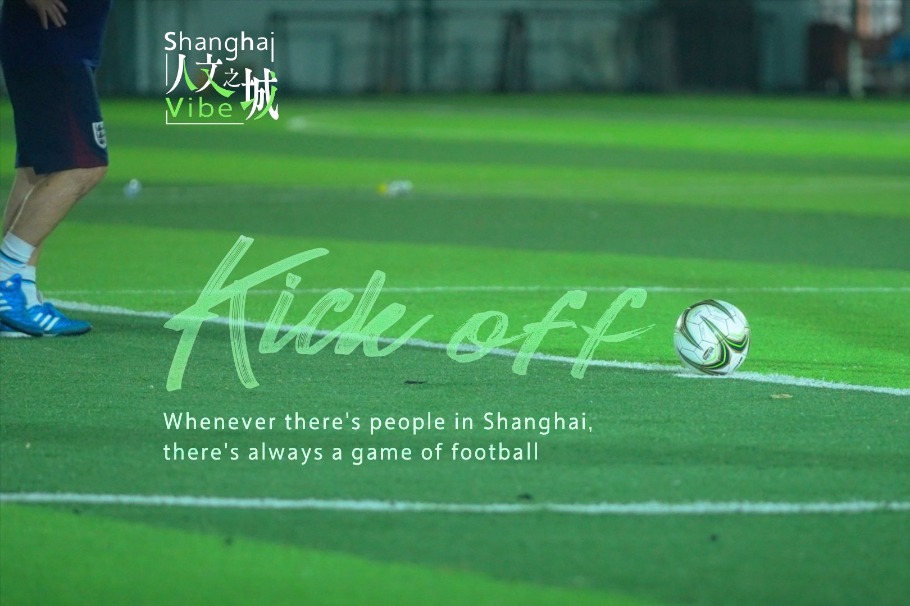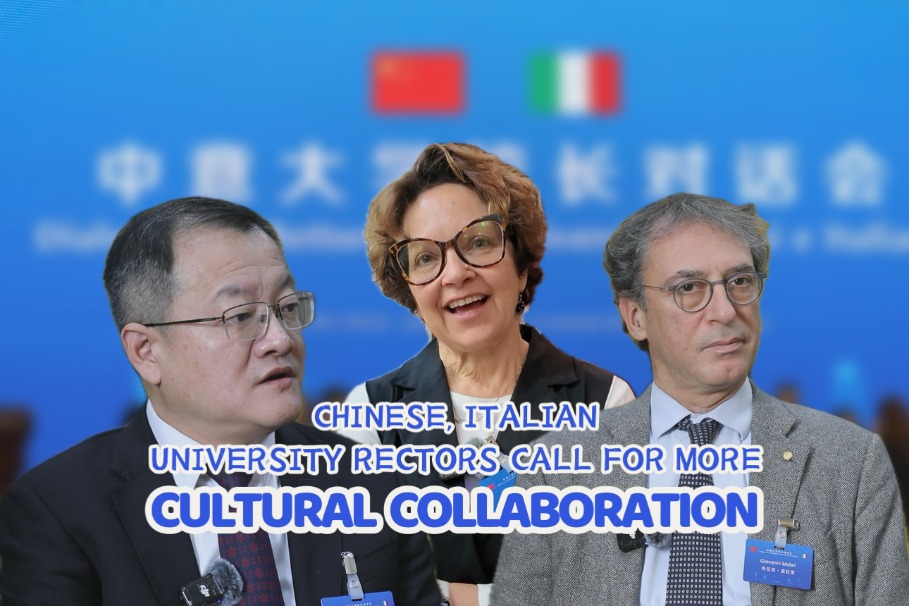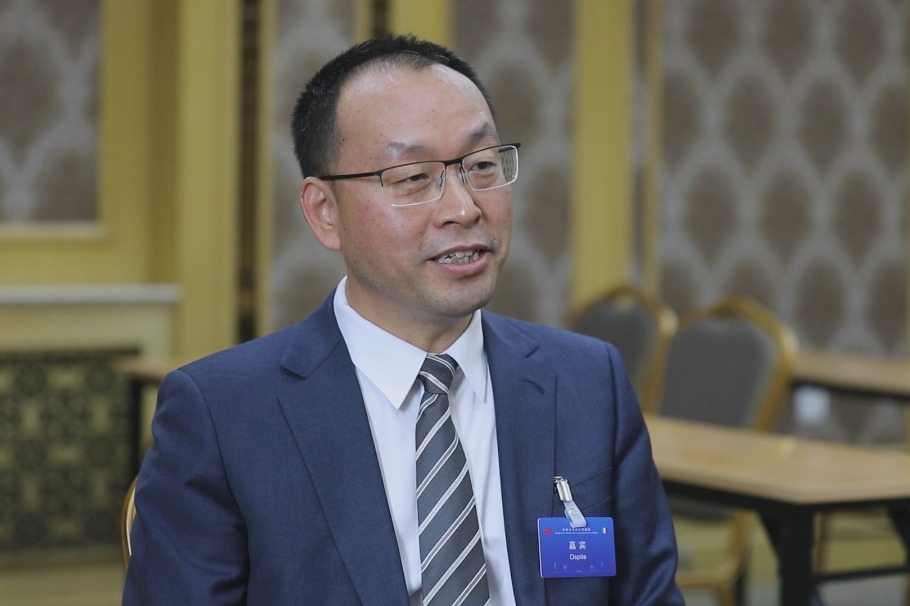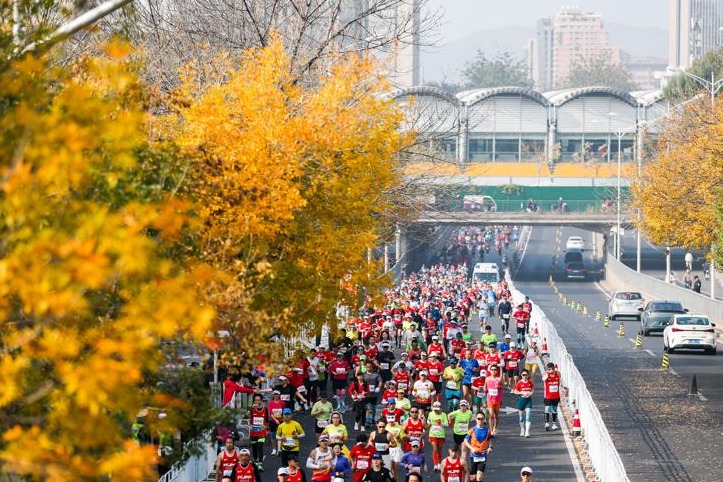COVID widens international rich-poor gap


More must be done to share benefits of digital revolution, foster global growth
Disparities between rich and poor as well as between developed and developing nations in terms of wealth, public health and digital issues are widening across the globe, and countries have no other choice than to join hands to tackle the unprecedented crisis triggered by the COVID-19 pandemic, senior international relations scholars said.
They made the remarks at the launching ceremony of the China Institute of International Studies' signature annual report-The CIIS Blue Book on International Situation and China's Foreign Affairs.
"Working together is the only way for us to overcome difficulties, and differences and confrontations will make us repeat the mistakes of history," Xu Bu, president of the CIIS, said at the event.
The world today is experiencing great changes not seen in a century, and the COVID-19 pandemic has had a profound impact on international politics, the global economy and global governance, Xu said.
"Multipolarization continues to develop, and new changes have taken place in the balance of different powers around the world," Xu said, adding that relations among major powers are facing new adjustments, with increasingly complicated interactions among them.
The global economy is resuming growth, and the prospects of a modest recovery are increasing, Xu said.
But the new scientific and technological revolution is just around the corner, and the digital disparity between developing and developed countries will be further widened, he said.
Chen Dongxiao, president of the Shanghai Institutes for International Studies, warned that the pandemic has "unprecedentedly reversed the trajectory of global progress in poverty relief over the past 30 years" and caused a drastic increase in the number of people falling back into poverty worldwide.
The global economy is undergoing a "K-shape recovery", which means rich countries become even richer while low-income countries become poorer, Chen said.
To address such an imbalance and sluggish recovery, China could work with other countries to share its experiences and to "build on a new agenda of global cooperation", he said.
Countries should promote inclusive growth, resist vaccine-related nationalism, save the fragile environment, bolster the role of multilateral agencies and encourage the digital economy to narrow disparities, he added.
Ruan Zongze, vice-president of the CIIS, said China is gaining self-confidence by fighting the novel coronavirus, and the struggle displays "the great dynamism of the country's institutions".
While China's growth helps shore up confidence of developing countries, it should also continue addressing its imbalance in its own development, Ruan added.
Jia Qingguo, a member of the Standing Committee of the Chinese People's Political Consultative Conference National Committee and director of the Institute for Global Cooperation and Understanding at Peking University, said the threat of large-scale infectious diseases to national and global security is "scaling up and intensifying", and some policy adjustments are required.
Jia called for a rethinking of responses to large-scale infectious diseases and their impact on the future. The United States has "suffered a great impact on its soft power, as well as its hard power" due to its poor response, said Jia, a leading expert and professor of US studies.
Experts also raised concerns over the potential impact of massive bailout plans introduced by various countries upon the world economy.
- China revises regulations concerning use of natural science fund
- Diplomats, think tank officials attend 2024 Tianjin Wudadao Forum
- Salvadorans honored for heroic river rescue in China
- Guangdong Party secretary urges swift action on Zhuhai vehicle tragedy
- China and Peru unite to save endangered plant
- Over 600 global representatives to attend world vocational conference in Tianjin





































